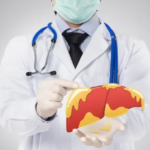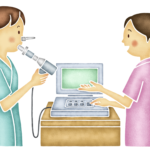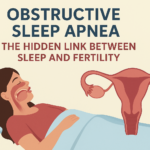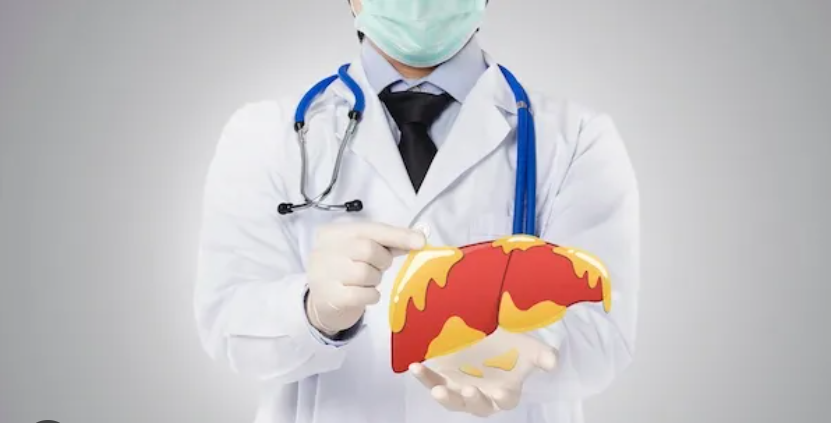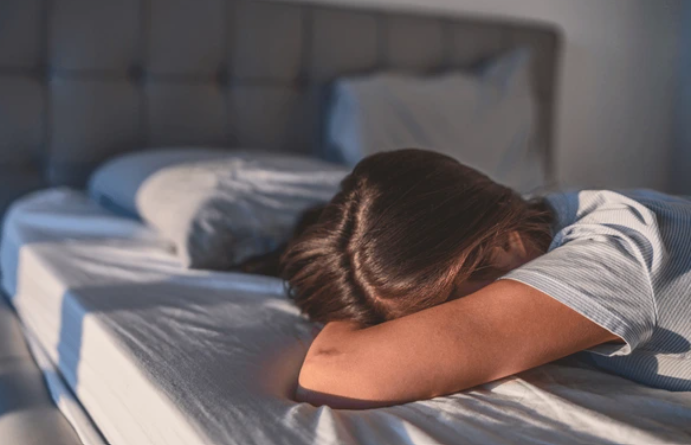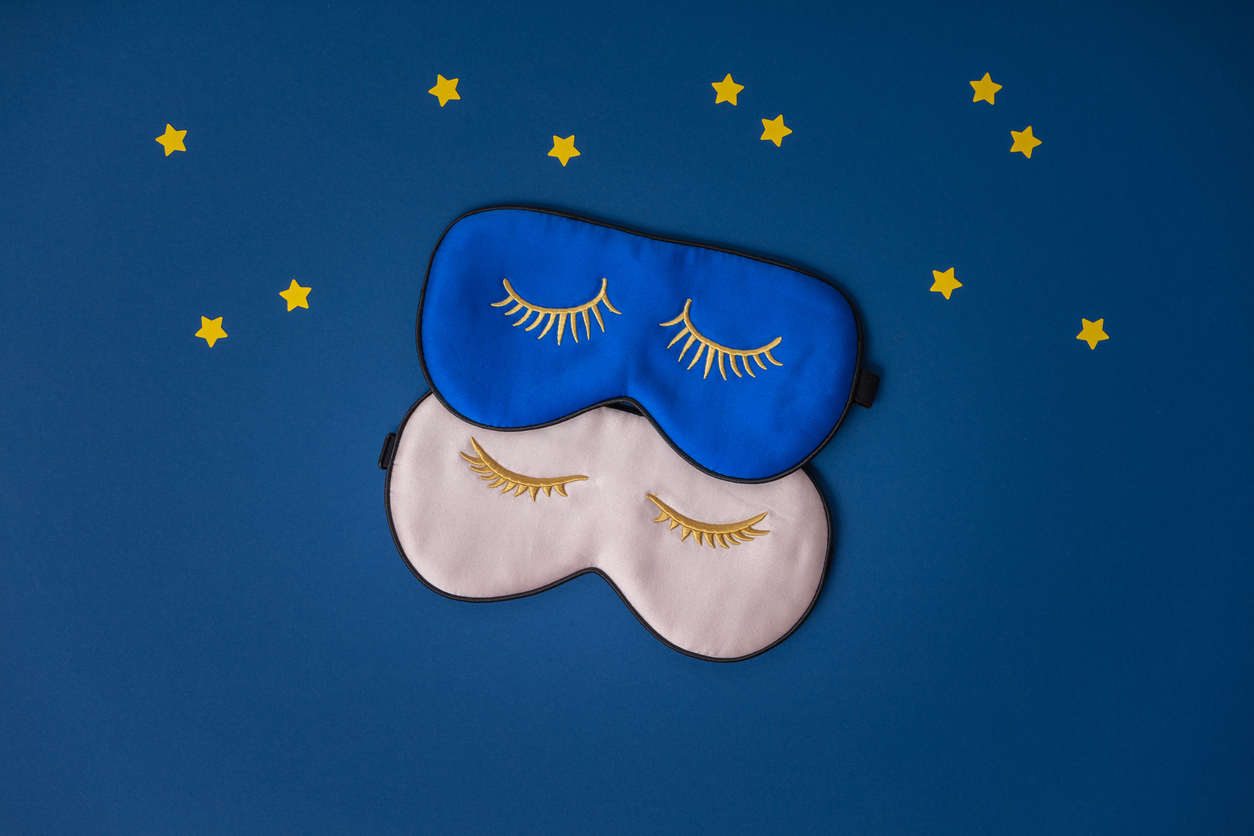Written by Aisha and eviewed By Dr. Manvir Bhatia-29/05/2025h
Have you ever woken up with a sore jaw or a dull headache? Has your partner told you that you grind your teeth in your sleep? You might be dealing with bruxism—a common yet often overlooked condition that can have serious effects on your dental and overall health if left unchecked.
What Is Bruxism?
Bruxism is more of a habit than a disorder. It involves the repeated clenching or grinding of your teeth, often without you even realizing it. While it’s most common during sleep (known as sleep bruxism), it can also occur during the day (awake bruxism), especially in times of stress or deep concentration.
And it’s not just adults—children and teenagers can also develop bruxism, often linked to developmental phases or emotional stress.
Signs You May Be Grinding Your Teeth
Bruxism can put a lot of pressure on your teeth and jaw muscles. Here are some signs to watch for:
- Grinding or clenching noises during sleep (often noticed by a partner)
- Disrupted or poor-quality sleep
- Jaw, neck, or face pain and stiffness
- Worn down, flattened, chipped, or even loose teeth
- Sensitive teeth (especially to hot or cold)
- Frequent morning headaches or earaches
- Indentations along the side of the tongue
If you’re noticing any of these, it’s worth talking to your dentist or a sleep specialist for a proper evaluation.
What Causes Bruxism?
Bruxism doesn’t have a single cause—it often results from a combination of lifestyle habits, diet, sleep behavior, and emotional stress. Let’s break it down:
Lifestyle Triggers
- Smoking or exposure to secondhand smoke
- High stress or anxiety levels
- Excessive screen time, especially before bed
Dietary Habits
- Heavy alcohol consumption
- Frequent intake of caffeinated beverages like coffee or energy drinks
- High sugar intake, especially before bedtime
Sleep-Related Behaviors
- Irregular sleep schedules
- Snoring or mouth breathing
- Sleep apnea or pauses in breathing during sleep
Identifying and Treating Bruxism
Many people with bruxism aren’t even aware they have it until a dentist notices signs of wear on their teeth or a partner hears them grinding at night. It’s often linked to stress, anxiety, sleep disorders (like sleep apnea), or misaligned teeth. Other contributing factors include certain medications, neurological conditions, and recreational drug use.
Treatment Options
- Custom night guards from your dentist to prevent tooth damage
- Stress management techniques (like meditation, therapy, or journaling)
- Improving sleep hygiene—consistent bedtimes, screen-free evenings, and relaxation rituals
- Cutting down on stimulants such as caffeine, sugar, and alcohol
- In severe cases, muscle relaxants or Botox injections may be recommended
If sleep apnea is suspected, a sleep study may be advised to rule out underlying causes.
Why Bruxism Matters
Ignoring bruxism can lead to more than just worn teeth. Over time, it can cause:
- Chronic jaw pain and disorders like TMJ (temporomandibular joint disorder)
- Severe tooth damage requiring dental restoration
- Disrupted sleep, leading to daytime fatigue and irritability
Early detection is key. Managing your stress, improving your sleep habits, and making healthier lifestyle choices can make a big difference.
Final Thoughts: Don’t Let Bruxism Go Unchecked
Bruxism may start as a silent, unconscious habit, but it can lead to significant problems if left untreated. Whether you’re a parent noticing signs in your child or an adult managing daily stress, paying attention to your body’s cues is essential.
If you suspect you or someone you love may have bruxism, speak with your dentist or a sleep specialist. With the right guidance and care, you can protect your smile, improve your sleep, and take a big step toward better health.
Stay aware. Sleep well. Smile more.

